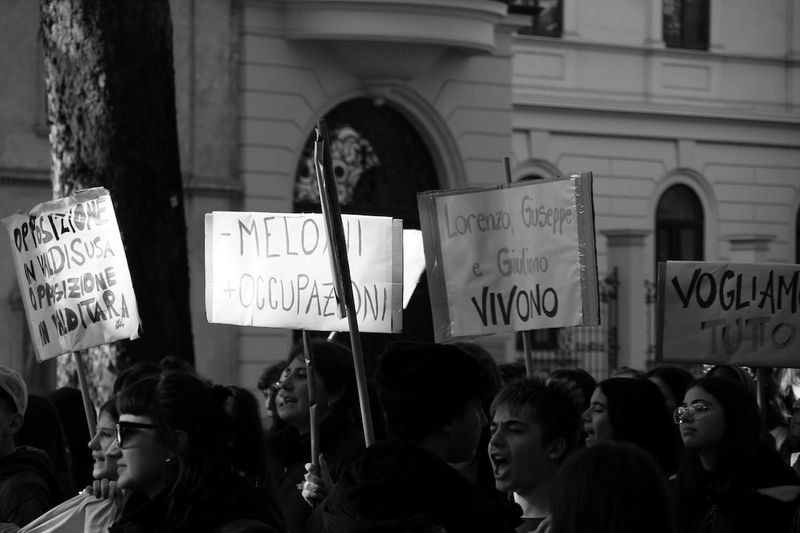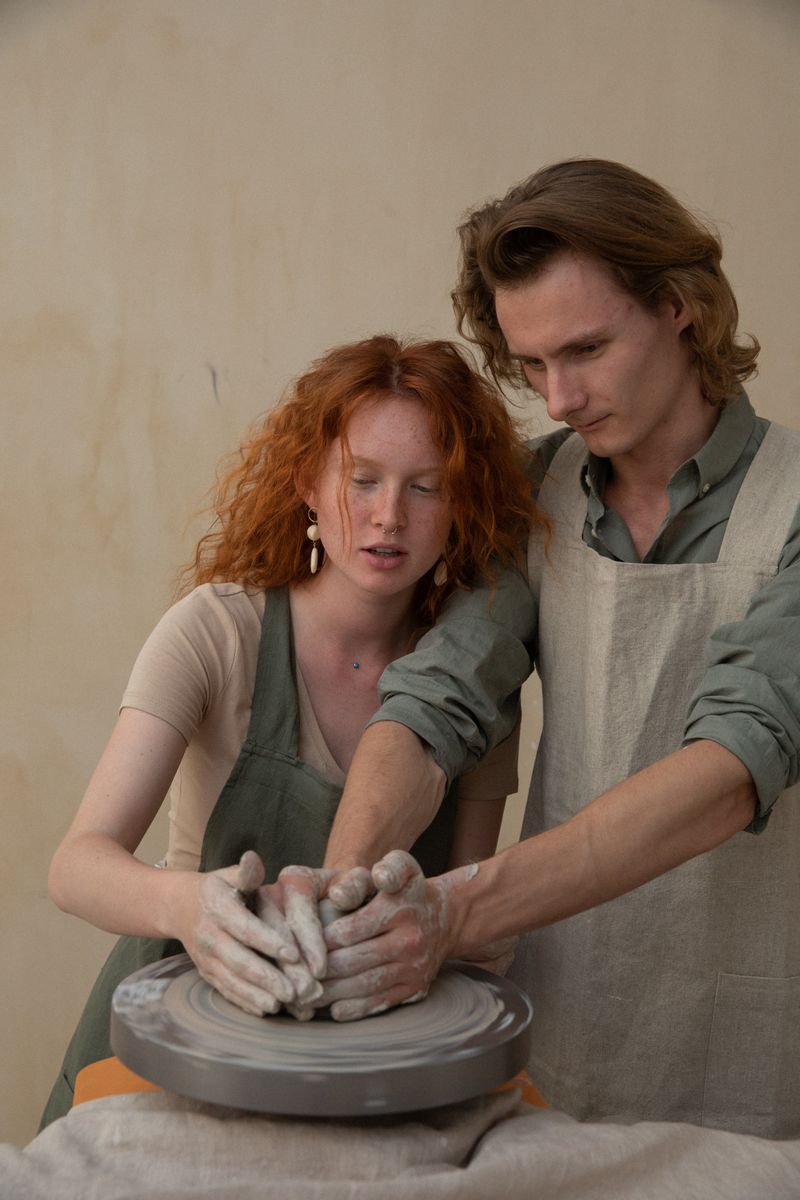Silvio Berlusconi: Thousands pay final respects to former Italian prime minister at state funeral
Introduction
Silvio Berlusconi, the divisive and domineering four-time prime minister of Italy, was laid to rest at a state funeral in Milan on Wednesday. The funeral ceremony attracted thousands of mourners, marking the end of an era in Italian politics. Berlusconi passed away at the age of 86 on Monday in a hospital where he was being treated for chronic leukemia. This report aims to provide a detailed analysis of the funeral, examine the legacy of Berlusconi, and offer philosophical insights into his controversial political career.
The State Funeral
The state funeral held in Milan was a solemn occasion, attended by dignitaries, political figures, and thousands of Berlusconi’s supporters and critics alike. The ceremony was an opportunity for Italians to bid farewell to a figure who left an indelible mark on the country’s political landscape.
A Divisive Figure
Berlusconi was undoubtedly one of the most polarizing political figures in Italian history. His tenure as prime minister was marked by scandals, legal battles, and a flamboyant and controversial style of leadership. While his supporters praised him for his business acumen and charismatic persona, his detractors accused him of corruption, media manipulation, and diminishing the rule of law.
An End of an Era
With Berlusconi’s passing, Italy has entered a new chapter in its political history. His era was characterized by a unique blend of populism, media control, and personal wealth that allowed him to maintain a firm grip on power for a considerable period. As the country mourns his loss, it also reflects on the legacy he leaves behind and the implications for the future of Italian politics.
Philosophical Reflections
Berlusconi’s political career raises important philosophical questions about the nature of power, personality cults, and the role of media in shaping public opinion. His ability to maintain popularity despite numerous scandals challenges our understanding of ethics, accountability, and the rationality of voters. It brings into focus the dangers of unchecked power and the fragility of democratic institutions.
The Cult of Personality
Berlusconi’s charisma and showmanship cultivated a cult of personality around him, blurring the line between politics and entertainment. This phenomenon raises concerns about the superficiality of modern politics and the tendency for voters to be swayed by charisma rather than policy substance. It underscores the need for citizens to engage critically with political discourse and hold leaders accountable for their actions.
The Role of Media
Berlusconi’s ownership of a vast media empire allowed him to shape public opinion and control the narrative around his political career. This concentration of media power raises questions about the integrity of information and the potential manipulation of public sentiment. It serves as a reminder of the vital importance of diverse and independent media in holding leaders to account and safeguarding democratic processes.
Editorial: Lessons for the Future
The passing of Silvio Berlusconi invites a period of reflection for Italy and offers important lessons for the future of its political landscape. To avoid the pitfalls of personality-focused politics and the erosion of democratic institutions, Italy must work towards cultivating a more informed and engaged electorate. This requires investing in media literacy, strengthening democratic processes, and fostering a culture of critical thinking among citizens.
Media Pluralism and Regulation
To prevent the concentration of media power and potential manipulation, it is crucial for Italy to prioritize media pluralism and establish robust regulatory frameworks. This would ensure that no individual or entity can monopolize the dissemination of information or exploit it for personal gain. Such measures would safeguard the integrity of democratic processes and promote a more vibrant and diverse public discourse.
Ethics and Accountability
Berlusconi’s political career highlights the need for enhanced ethical standards and accountability mechanisms in politics. Italy should strengthen its legal framework to combat corruption, establish transparent political financing practices, and encourage public officials to act in the best interests of the country rather than personal gain. This would reestablish trust in the political system and safeguard the democratic principles that underpin it.
Conclusion
The state funeral of Silvio Berlusconi served as an opportunity for Italy to bid farewell to a controversial political figure who left an indelible mark on the country’s history. His legacy raises important philosophical questions about power, charisma, and media influence that demand careful consideration. To build a stronger and more resilient democracy, Italy must learn from the lessons of Berlusconi’s era and actively work towards fostering informed, engaged citizens who hold their leaders accountable and prioritize the integrity of democratic institutions.

<< photo by Sebastiano Piazzi >>
The image is for illustrative purposes only and does not depict the actual situation.
You might want to read !
- Laura Woods: A New Era Begins as She Leaves talkSPORT to Take Over from Jake Humphrey
- Laura Woods: Exiting the TalkSPORT Sports Breakfast Show
- Remembering Silvio Berlusconi: Allies Pay Homage to the Italian Tycoon
- The Legacy of Christy Moore: President and Public Mourn the Loss of Aslan Singer.
- Tori Bowie’s Agent Confirms Athlete’s Newborn Died Due to Complications from Childbirth
- Exploring the Tragic Death of Three-Time Olympic Medallist Sprinter Tori Bowie
- Remembering Silvio Berlusconi: A Controversial Legacy Ends at 86.




